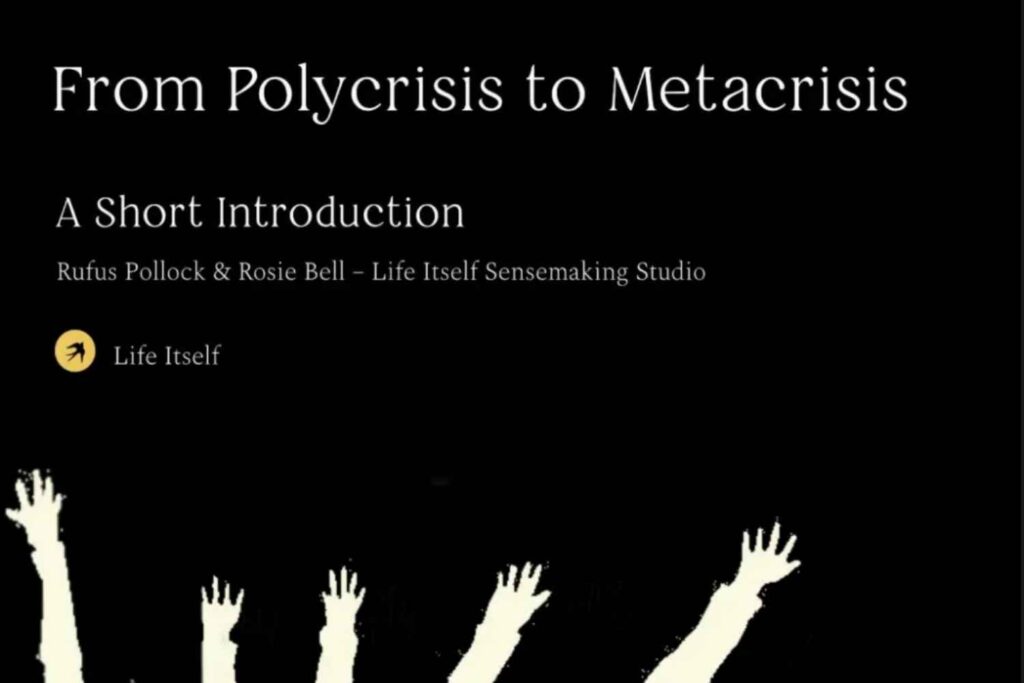Funding Community Resilience in a Polycrisis: Exploring a Human Learning Systems (+)-Based Approach
The authors explore how the polycrisis requires a rethinking of funding mechanisms to build community resilience. They argue that traditional, risk-averse, outcome-based models are ill-suited to address interconnected crises, and propose the Human Learning Systems (+) model—an approach that enables funders and grantees to consider system-scale elements such as local economic drivers and political conditions, […]








